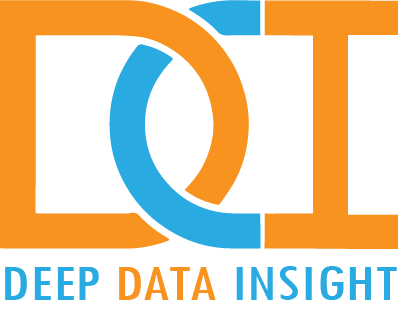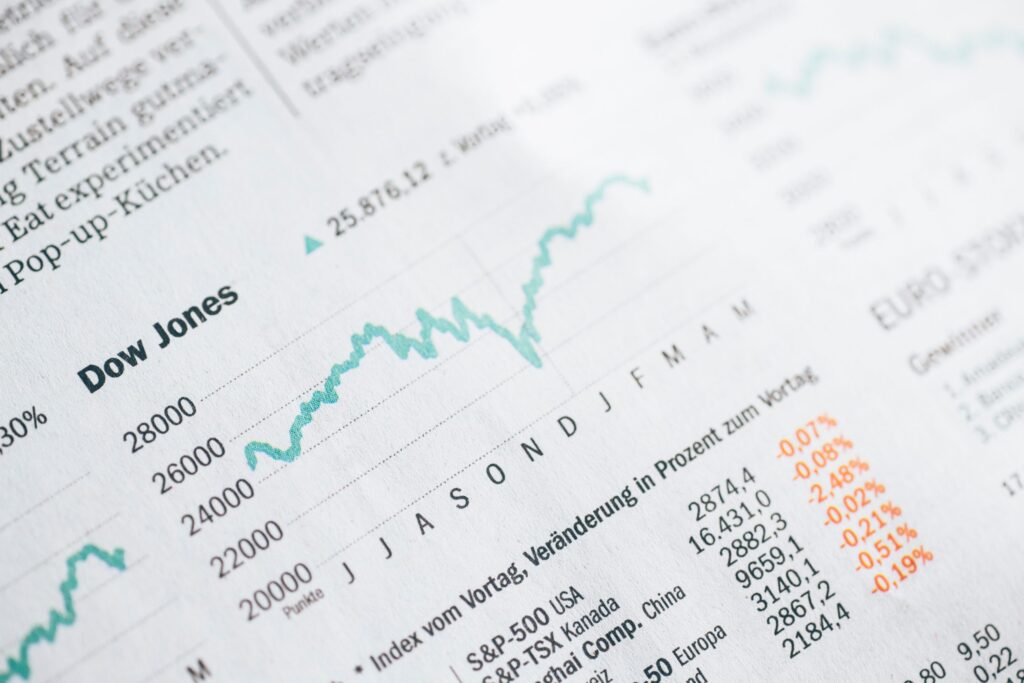
Theory-Guided Data Science: Principles & Benefits
Theory-Guided Data Science is reshaping how organizations interpret and apply data. By merging theoretical frameworks with data-driven methods, it enhances model accuracy, interpretability, and real-world relevance. This approach roots data analysis in domain knowledge, making insights more reliable and meaningful across fields like physics, healthcare, environment, and biology. What Is Theory-Guided Data Science and Why Does It Matter? Theory-Guided Data Science combines scientific theories with data-driven techniques to create models that are both predictive and aligned with known scientific principles. Unlike purely data-driven theory approaches that rely solely on patterns in data, this method ensures models respect established laws, improving explanatory depth. At its core, this approach elevates precision by embedding domain expertise into the analytical process. It bridges the gap between empirical data and scientific reasoning, ensuring insights are both accurate and interpretable. Key components of theory-guided data science include: This approach proves essential when data alone cannot fully explain complex systems. With domain experts involved, Theory-Guided Data Science offers deeper insights that traditional data models often miss. Why Are Theoretical Frameworks Important in Data Science? Integrating theoretical frameworks ensures data science models remain relevant, transparent, and practically applicable. These frameworks act as guardrails, helping data scientists interpret patterns correctly instead of relying purely on correlations. The structured use of theories reduces the likelihood of creating complex models that lack real-world meaning. It also improves how hypotheses are formed, tested, and validated. Key reasons to integrate theoretical frameworks: By encouraging collaboration between domain experts and data scientists, this approach builds models that are robust, well-informed, and more aligned with real-world dynamics. What Are the Core Data Science Principles Behind Theory-Guided Methods? Theory-Guided Data Science follows several essential data science principles designed to strengthen both predictive and explanatory accuracy. One central principle is the deliberate use of domain knowledge. Scientific theories guide how models are shaped, narrowing the analytical focus and improving efficiency. Another principle emphasizes validating model outputs against established theories. This ensures outcomes are not only predictive but also scientifically consistent. Core Principles of Theory-Guided Data Science: These principles help convert complex data into actionable insights while maintaining scientific rigor. What Are the Key Benefits of Theory-Guided Data Science? Blending theory with data brings multiple advantages that purely data-driven theory approaches often cannot achieve. One major benefit is improved interpretability. With theoretical constraints, results become more meaningful and easier to understand. Additionally, models gain resilience, especially when working with noisy, limited, or irregular datasets. Another advantage is better decision-making. Because insights are grounded in established knowledge, organizations gain explanations—not just predictions. Main Benefits Include: Overall, Theory-Guided Data Science increases clarity, reliability, and trust in analytical outcomes. Real-World Applications: Where Is Theory-Guided Data Science Used? Theory-Guided Data Science delivers significant impact across fields that rely on established scientific or medical principles. 1. Climate Science In climate science, atmospheric physics provides a theoretical foundation. When data is aligned with these laws, predictions of weather patterns become more accurate and stable. This improves climate modeling and forecasting reliability. 2. Healthcare and Medical Diagnostics In healthcare, theoretical biological models guide how patient data is interpreted. By combining medical principles with patient datasets, diagnostics become more precise and treatment plans more effective. 3. Biological and Environmental Research Biological studies rely on ecological theories and evolutionary principles. Integrating these frameworks with data enhances understanding of ecosystem behavior and complex biological interactions. Examples of Applications Include: These case studies demonstrate how this approach provides deeper clarity in systems where theory already plays a critical role. What Challenges and Limitations Does Theory-Guided Data Science Face? Despite its strengths, Theory-Guided Data Science is not without limitations. One challenge is integrating multiple complex theories into data-driven models. This process can be computationally heavy and difficult to optimize. Another limitation lies in theoretical assumptions themselves. If the underlying theory is outdated or incomplete, it may skew model results. In some fields, limited or evolving theories reduce the applicability of this approach. Key Challenges Include: Understanding these limitations helps researchers refine methods and improve implementation. What Is the Future of Theory-Guided Data Science? The future of theory-guided data science is defined by growth, innovation, and broader adoption. As industries recognize the value of combining theory with empirical data, this approach will continue to expand. Advances in computational power will make it easier to integrate complex theories into data science workflows. This will lead to more accurate, interpretable, and robust analytical systems, shaping the next generation of predictive modeling. Conclusion Theory-Guided Data Science marks a significant shift in how data science principles are applied. By merging theoretical foundations with data-driven insights, it improves accuracy, interpretability, and real-world alignment across disciplines. As this field evolves, it will continue to strengthen decision-making, support innovation, and provide powerful tools for solving complex problems with scientific clarity. FAQs




